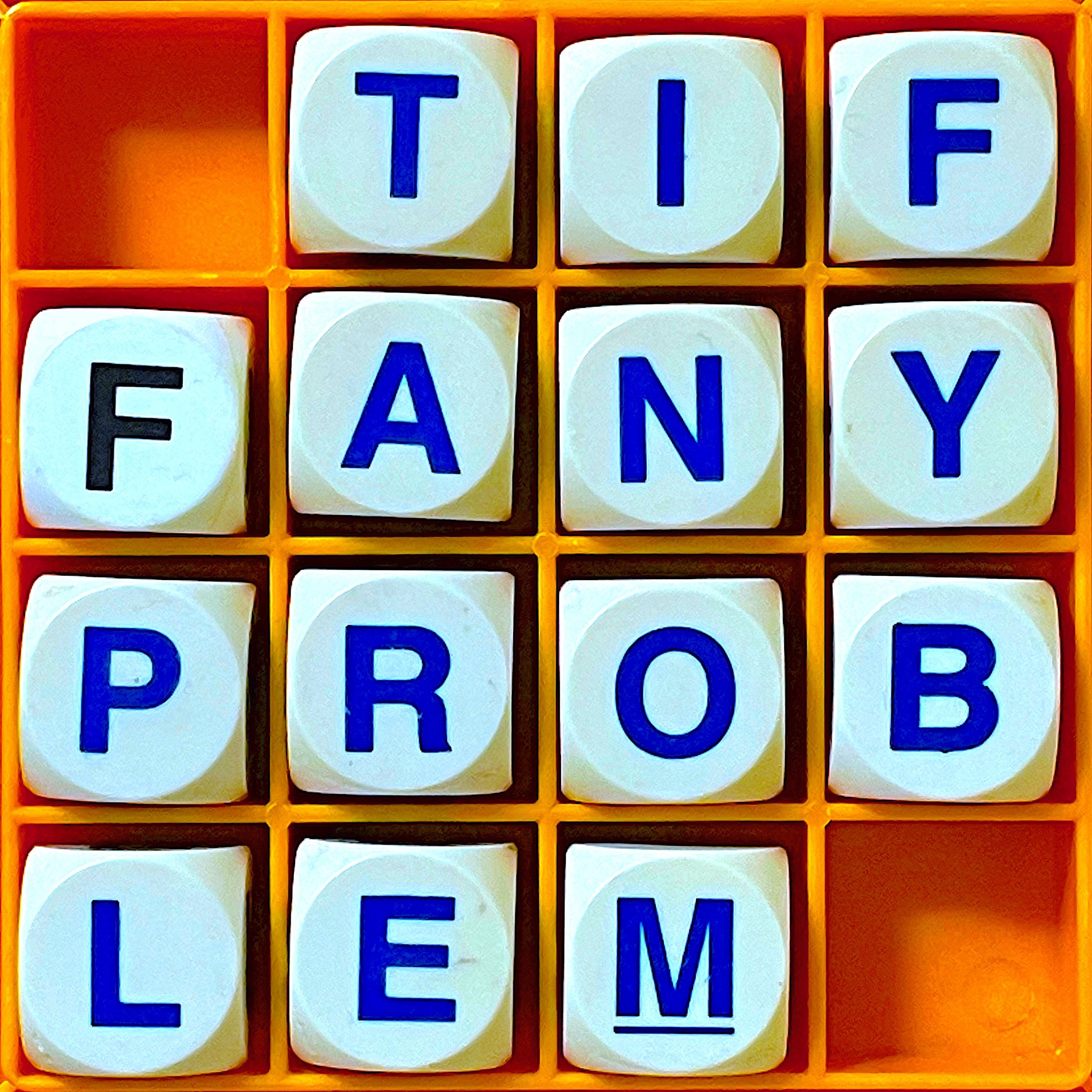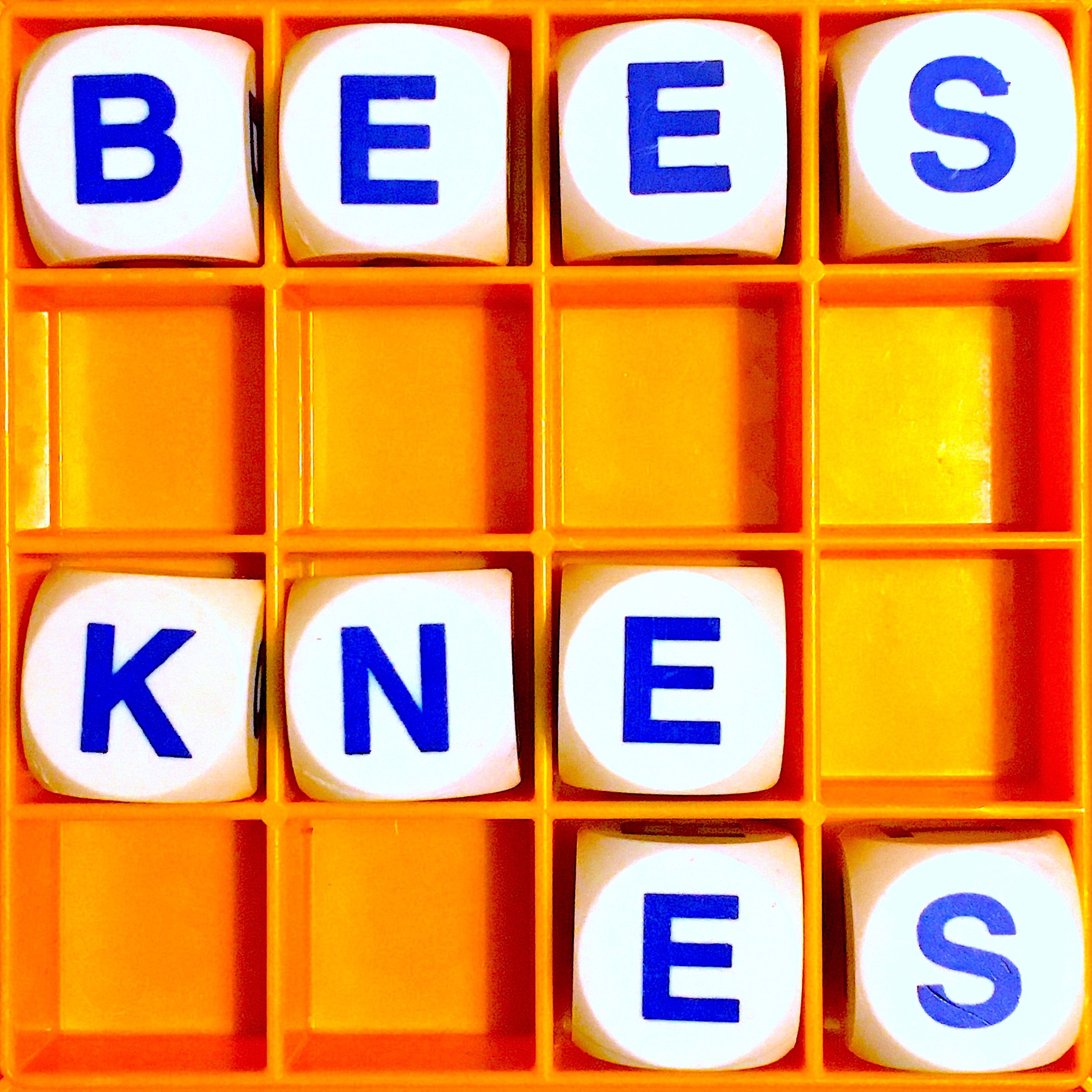Cain's Jawbone, a murder mystery cryptic puzzle novella in the form of 100 pages presented in the wrong order, has many millions of possible solutions but only one that is correct. 86 years after it was published, writer, comedian and crossword constructor John Finnemore solved it. And then, craving another 100-page cryptic puzzle murder story, he wrote his own.
Read moreAllusionist 161. Sentiment
Empathy and kindness can be noble concepts in themselves, but as terms are thrown around enough to have become buzzwords, and in the process lose some of their meaning and purpose. Audiomakers Sandhya Dirks and Julia Furlan, and academic and podcaster Hannah McGregor, discuss the value and pitfalls of appealing to the emotions.
Read moreAllusionist 155. The Tiffany Problem
The name Tiffany has been around for some 800 years. But you can't name a character in a historical novel 'Tiffany', because people don't believe the name is old. Science fiction and fantasy author Jo Walton coined the term "The Tiffany Problem" to express the disparity between historical facts and the common perception of the past.
Read moreAllusionist 151. The Bee's Knees
Bad hats, cat's pyjamas, banting, goops, creatures, and playing possum - what WERE people going on about during the Golden Age of detective fiction? Caroline Crampton of Shedunnit podcast and I get sleuthing into the slang of the mystery novels of the 1920s and 1930s.
Read moreAllusionist 131. Podlingual
In their podcasts Mija and Moonface, Lory Martinez and James Kim create autobiographical fiction in multiple languages.
Read moreAllusionist 104. Words into Food
It’s Food Season at the Allusionist. Last episode we learned all about compiling recipes, turning food into words. This time, we meet someone who turns words into food. When Kate Young of the Little Library Cafe spots a foodstuff or a feast in a novel, she finds ways to cook it in reality, whether it’s delicious (Babette’s Feast), evil (Edmund’s Turkish delight in The Lion, The Witch and the Wardrobe) or poisonous (the crab and avocado in The Bell Jar).
Read moreAllusionist 98. Alter Ego
Today: three pieces about alter egos, when your name - the words by which the world knows you - is replaced by another for particular purposes.
How did John Doe come to be the name for a man, alive or dead, identity unknown or concealed in a legal matter? Strap in for a whirlwind ride into some frankly batshit centuries-old English law.
At their first bout of the 2019 season, the London Roller Girls talk about how they chose their roller derby names - or why they chose to get rid of one.
The 1930s and 40s were a golden age for detective fiction, which was also very popular and lucrative. Yet writing it was disreputable enough for authors to hide behind pseudonyms.
Allusionist 95. Verisimilitude
When you’re watching a fantasy or science fiction show, and the characters are speaking a language that does not exist in this world but sounds like it could - that doesn’t happen by accident, or improvisation. A lot - a LOT! - of work goes into inventing new languages that sound real. Conlanger David Peterson talks about how he created languages for HBO’s Game of Thrones.
Read more






